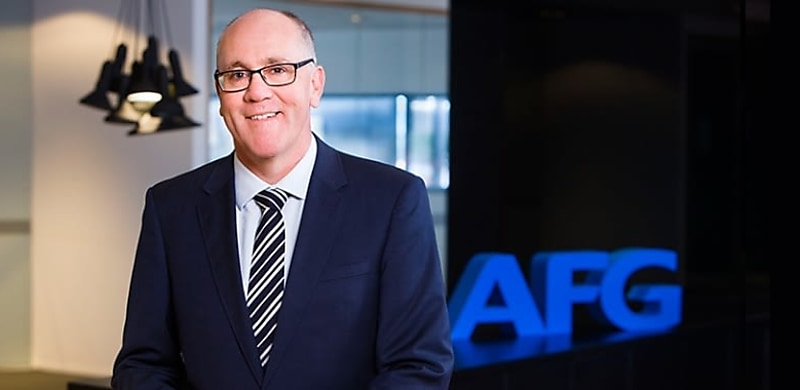
The aggregator aims to re-prioritise its funds to strategically position itself for growth as economic challenges loom.
Chief executive of aggregator Australian Finance Group (AFG), David Bailey, has said that while the business is “well-positioned” in the face of impending economic challenges during the next 12 months, AFG is seeking to re-prioritise fund allocations to invest in core business streams and prepare for the next phase of growth.
Indeed, the aggregator revealed in its financial year 2023 results that it has built on its diversification strategy, particularly through investments in BrokerEngine, Fintelligence, and Thinktank.
AFG noted strong performance since its investment, which contributed to 32 per cent of its FY23 NPAT of $37.3 million.
According to the aggregator, BrokerEngine performed well in its first 18 months, reporting an increase in subscribers from 1,000 to 2,300, 77 per cent of those being AFG brokers. Users welcomed “greater platform functionality” since acquisition.
The aggregator acquired 75 per cent of Fintelligence in December 2021 and has since reported asset finance broker numbers have doubled, with monthly settlements increasing from $68 million to $312 million for the group at the end of FY23.
Thinktank reported a loan book of $5.3 billion and settlement growth of 3 per cent over the financial year, with AFG representing just under 10 per cent of settlement volumes.
Speaking to The Adviser, Mr Bailey said: “Our broker network is at the core of our business. AFG’s business model is one of shared success, and our investments are in businesses that help our brokers grow.
“Our strategic investment in BrokerEngine helps expand capability and improve processes and efficiencies for our brokers, to help them get time back in their day.
“Our investments in Thinktank and Fintelligence are providing diversification opportunities to our brokers and increasing the depth and breadth of our business across asset classes.”
He added that the aggregator is “focused on continuing to deliver” on its strategy on the back of a strong balance sheet supported by reliable cash flow and strategic investments setting up AFG for growth.
“Put simply, we will be supporting the efforts of our brokers in promoting competition and choice for customers across asset classes and maintaining our significant role in Australia’s financial system,” he said.
Furthermore, AFG reported that one in 10 residential mortgages were written by an AFG broker, with strong demand for the aggregator’s services leading to “record revenue” of $1.03 billion in FY23, up 9 per cent on the previous year.
The aggregator’s combined residential and commercial loan book increased 7 per cent to $206.5 billion during this period, with a residential loan book of $194.5 billion and a commercial loan book of $12 billion.
Additionally, the AFG Securities loan book averaged $4.8 billion, up 20 per cent on the prior year, however, while the average book was higher, the loan book closed at $4.5 billion due to lower settlement volumes as a result of the aggregator committing to maintain returns on invested funds.
“Given the external landscape, margins across the non-bank sector came under increasing pressure, with AFG not immune from that impact,” Mr Bailey stated.
“With some sub-economic pricing and cashbacks in the market, AFG Securities remained disciplined and opted to avoid writing unprofitable and riskier home loans.”
[RELATED: AFG and Brighten unveil white label offering]

